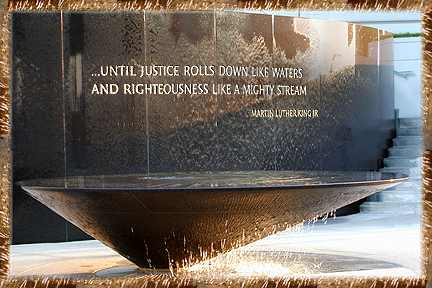For first quarter's Ap World History extra credit movie night my teacher, Ms. Matters showed Ashoka, a historical Bollywood film. She told us it was about the life of King Ashoka, one of the greatest rulers of who unified India. We were told to bring pillows and blankets and report to her room at 7:00 Tuesday night for an action packed film and two extra credit points. What we got was a three and a half hour long singing, dancing, romance, battle spectacle. Unlike most American movies, Ashoka had all the themes of movies; romance, action, assassinations, deception, exile, huge battle scenes, lost princesses, religion and death all rolled into one extremely long and confusing plot. In short, Prince Ashoka leaves his kingdom after many assassination attempts by his cousin and other contenders for the throne. He conceals his identity, and travels the Indian country side, a land greatly divided into regional kingdoms. He meets a beautiful girl named Kalwaki, who is actually a princess in hiding and her little brother who is in line for the throne of a rival kingdom. Ashoka and Kalwaki fall in love, but Ashoka must return to his kingdom to take care of his dying mother. While there he receives false news that Kalwaki and her brother have been killed. So heartbroken he turns into a monster, and murders many to take the throne. Mad with no feeling he begins on a ruthless conquest of India, destroying everyone in his way. Meanwhile Kalwaki and her brother have returned to their kingdom and taken the throne, they prepare for war against Ashoka's growing empire. After an extremely bloody series of battles the last independent kingdom falls, with both sides almost completely destroyed. Kalwaki lives threw the battle and sees that her lover is the destroyer of her country and brother. Ashoka sees her alive and suddenly realizes the horror he has created and everything he has destroyed. In the end he is reunited with Kalwaki and becomes a devout Buddhist, and spends the rest of his days ruling and repairing the united India. In addition to an extremely confusing plot, about every 20 minutes, all the character would burst into song and dance, where the tunes were catchy but all in Hindi ( the movie was entirely in subtitles but their language was really cool to listen to). This movie was quite an experience, which although is pretty weird to most Americans, it is a large part of Indian culture and a treat on it's own.
(I read the article on the Ms. Jarrett's blog also)
Mehta, Suketu. "Bollywood Confindential." Suketu Mehta. 14 Nov. 2004. New York Times. 1 Mar. 2009
http://www.suketumehta.com/nytm.html.


